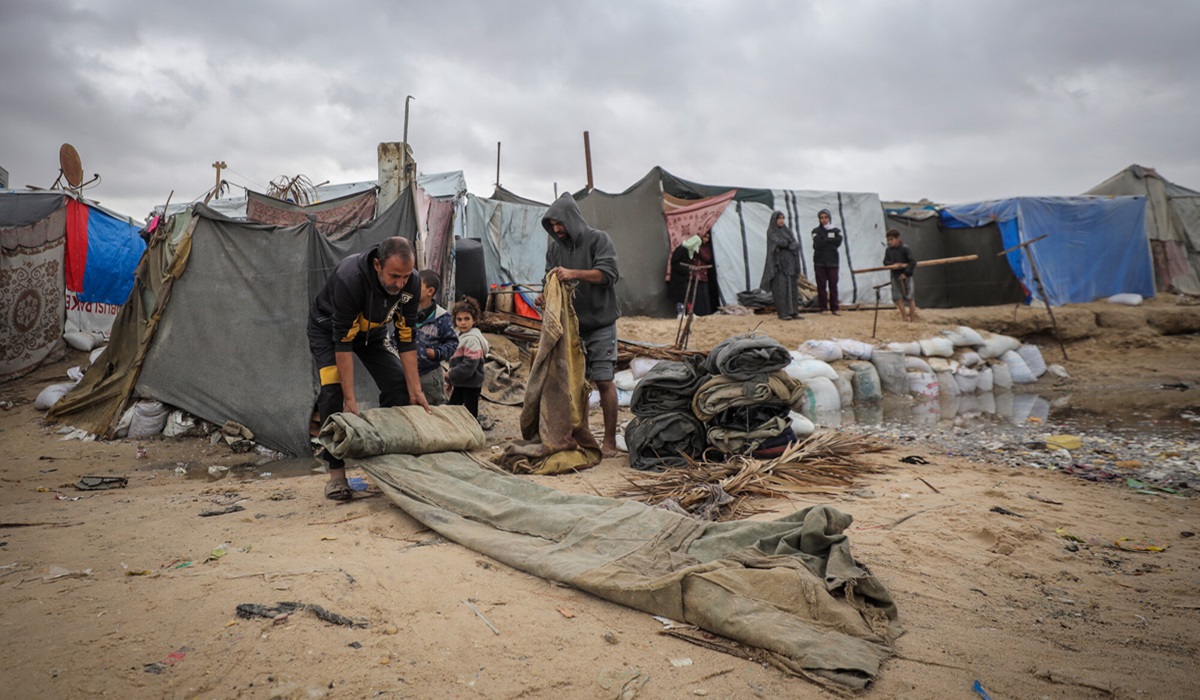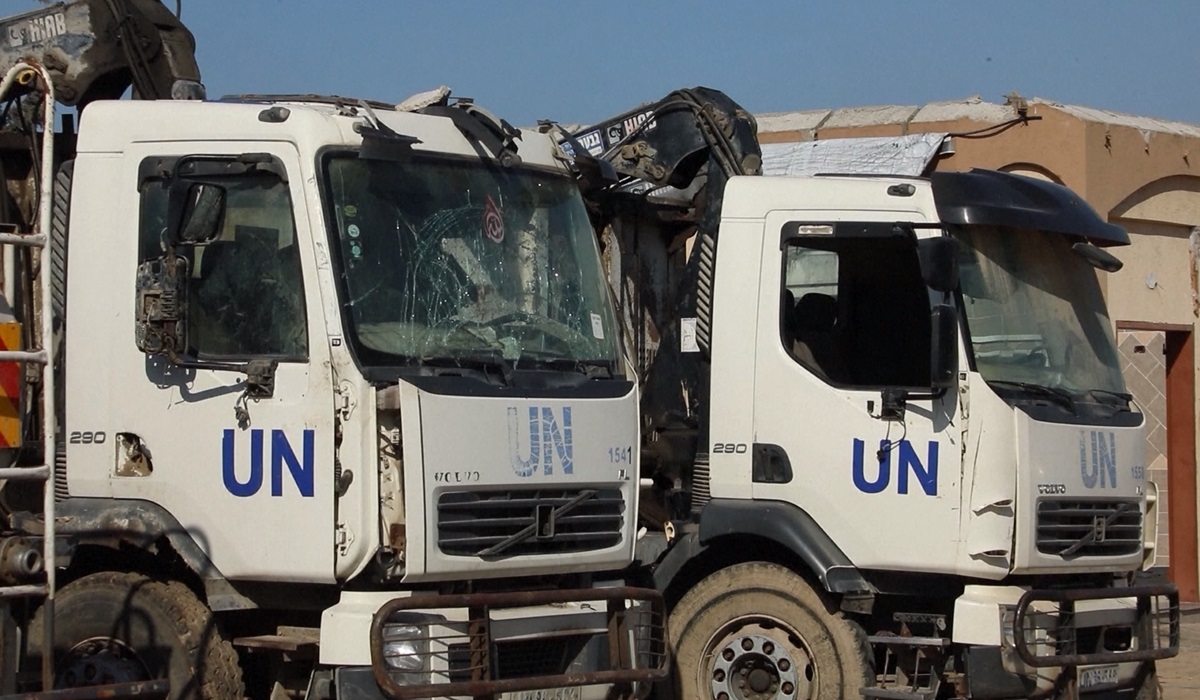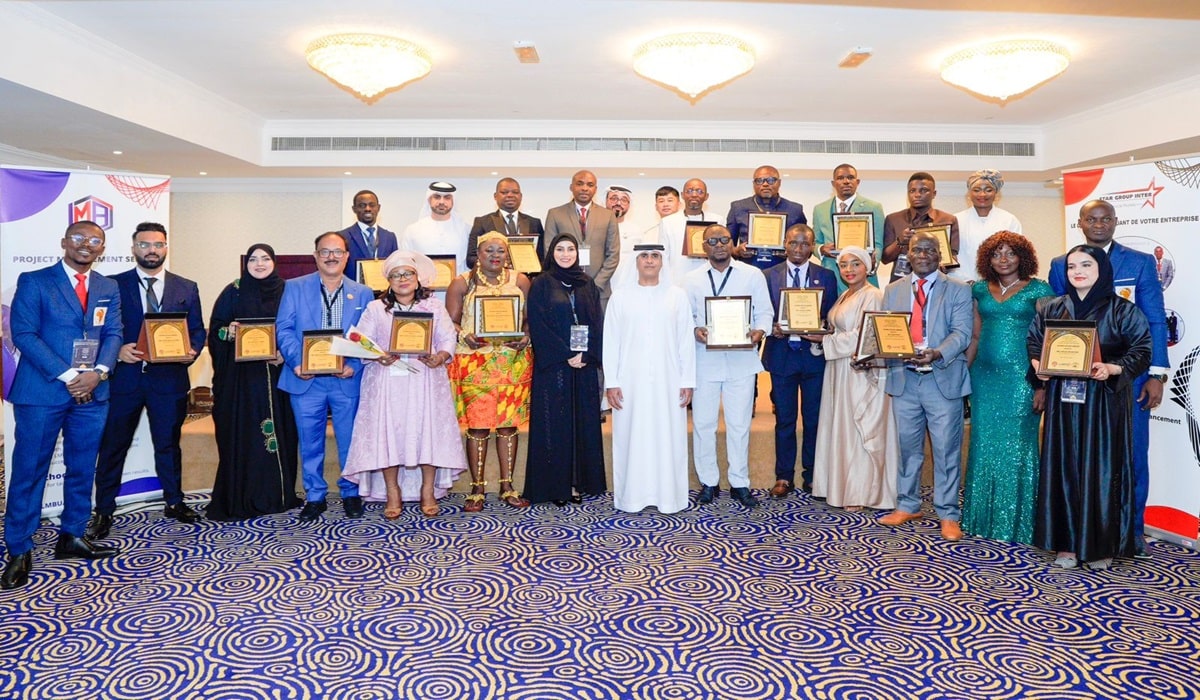The Grand Slam of Truth: Navigating Deception in the Game of Life
- Anne Thompson
- Middle East
- June 16, 2024
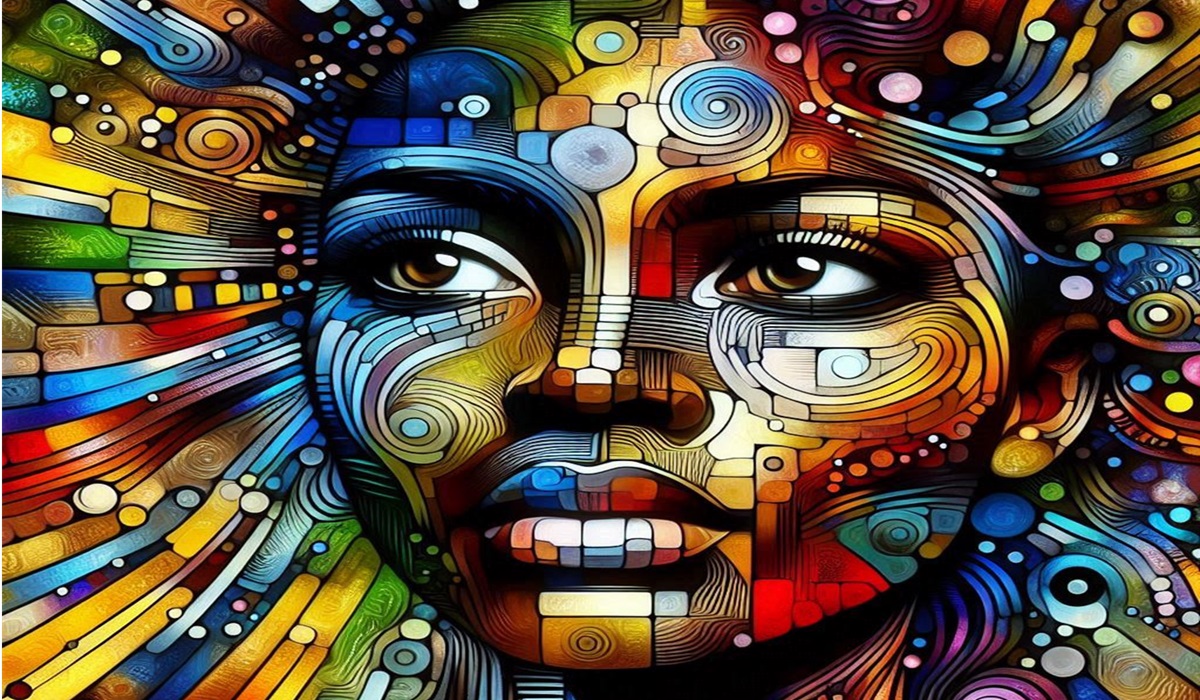
Understanding the Rules of the Game: A Call for Education and Accountability for Global Security and Trust
By Anne Thompson
In the grand game of life, akin to a global baseball match, we all play by a set of rules. These rules, both written and unwritten, guide our actions and shape our understanding of the world. What happens when someone decides to break these rules and play unfairly? And what if they do so while still claiming to be playing fairly?
Imagine a baseball game where all teams agree to follow the same rules. For decades, the game proceeds smoothly, with each team striving to outperform the other within the agreed-upon boundaries. Then, with no coordination or cooperative engagement, one team starts to bend the rules. They tamper with the ball, steal signs, or engage in other forms of deceit. All the while, they insist they’re playing fairly, even as their actions clearly contradict this claim.
This scenario is not too different from what we often encounter in our global society. We live in a world where we are frequently told to not believe our own eyes. Forces driven by supremacism, self-interest or a desire for the power of control use various tactics to distort our perception of reality. They spread misinformation, sow doubt, and create narratives that serve their agenda. They tell us to not believe our eyes, to ignore the evidence before us, and to accept their version of reality instead.
This is not just disconcerting; it’s dangerous. It undermines our ability to make informed decisions, erodes our trust in institutions, and it fuels division and conflict. This is a form of manipulation on a societal scale, and it’s something we must resist.
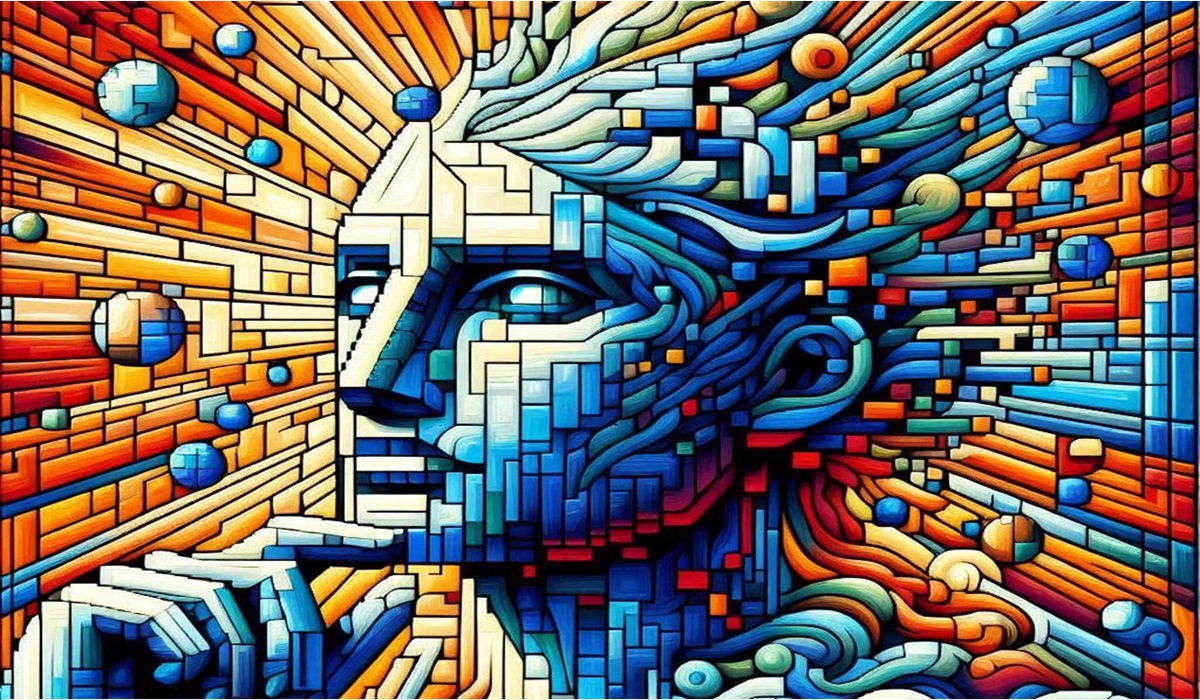
So, how do we navigate this complex field and keep our eye on the ball?
First and primarily, we must educate ourselves. Knowledge can deflect deception and stand fast against manipulation. By staying informed—from many sources—about the world around us and learning to recognize the tactics used by those who seek to deceive, we can better protect ourselves from their influence. This involves not just passive consumption of information reflecting our own point of view: it necessitates involving exerting the efforts required to actively engage with diverse, even contradictory, viewpoints and for critical analysis of the information we receive. It is important to note that information alone isn’t enough – it needs to be coupled with critical thinking skills and a commitment to truth and fairness.
We must then trust our own interpretations and perceptions. These, coupled with our critical thinking and analytical skills, are our best defense against deception. We must learn to trust them, even when others tell us to not do so. This requires courage and conviction, as it often means standing up to powerful forces that seek to manipulate our understanding of the world.
Finally, we must hold those who break the rules accountable for their actions. Just as a baseball player who cheats should face penalties, so, too, should those who violate the principles of the international rules-based order. This is not about retribution. It is about preserving the integrity of our international rules based global order as well as our information ecosystem, and ensuring a level playing field and enjoyment of the game for all.
Holding those who break the rules accountable can seem like a daunting task, especially for individuals who may feel they have no means with which to do so. Although we may not all have the same resources, we all have a power to make a difference in our own ways, and there are various ways in which every individual, regardless of their circumstances, can contribute to this effort.
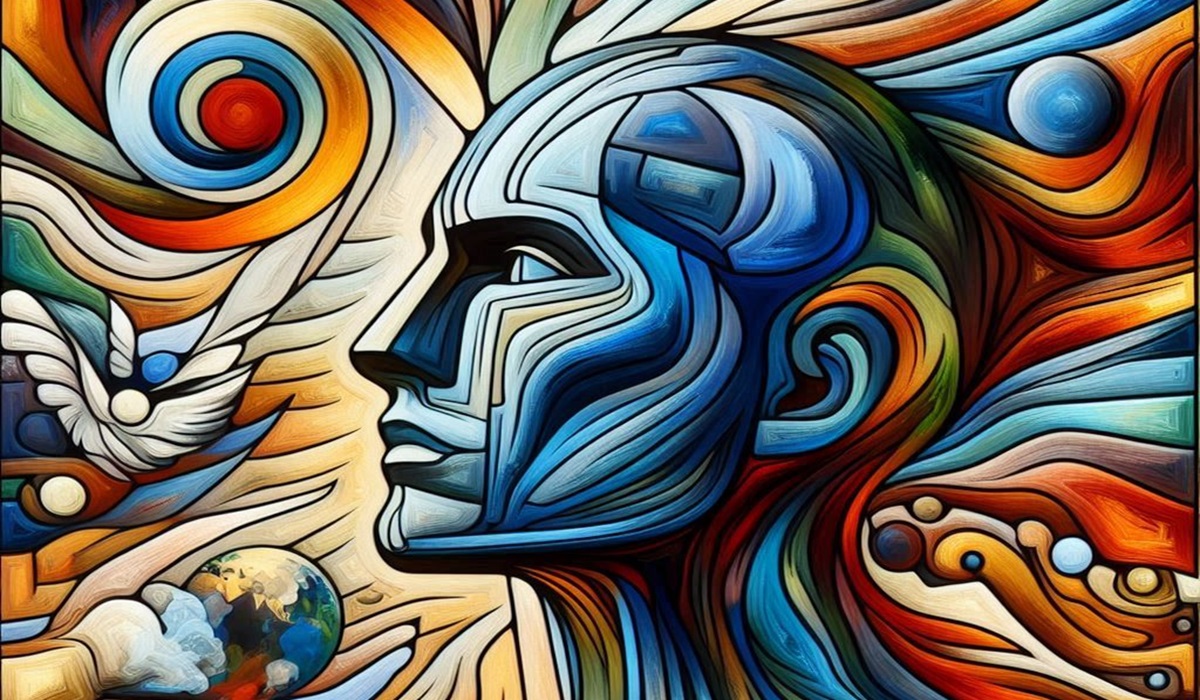
By staying informed and educating others, we can help create a society that values truth and transparency. This can put pressure on those in power to act with integrity and can discourage deceptive practices. We can use our voices to speak out against deception and misinformation through various channels, such as social media, blogs, community meetings, or even conversations with friends and family.
While these may seem like insignificant actions, it can have a big impact when many individuals each take small actions: the cumulative effect can be significant. For example, if each person in a city decided to plant one tree, the collective result would be a greener, healthier city. Indeed, history has shown us that informed societies are often more democratic, equitable, and just. Yes, public pressure can and has led to changes in behaviour among those in power. Examples include the civil rights movement in the U.S., the anti-apartheid movement in South Africa, and more recently, movements for climate action and social justice around the world. It is also important to acknowledge that change often takes time and persistent effort.
Supporting organisations and institutions that are committed to upholding the truth and holding rule-breakers accountable through donations, volunteering, or simply spreading the word about their work is yet another way to uphold the principles of fairness and truth in our society. And finally, we can exercise our rights as citizens to vote for leaders with a demonstrated commitment to truth, transparency, and accountability.
Remember, change often starts at the grassroots level and every action counts. As Mahatma Gandhi famously said, “Be the change you wish to see in the world.
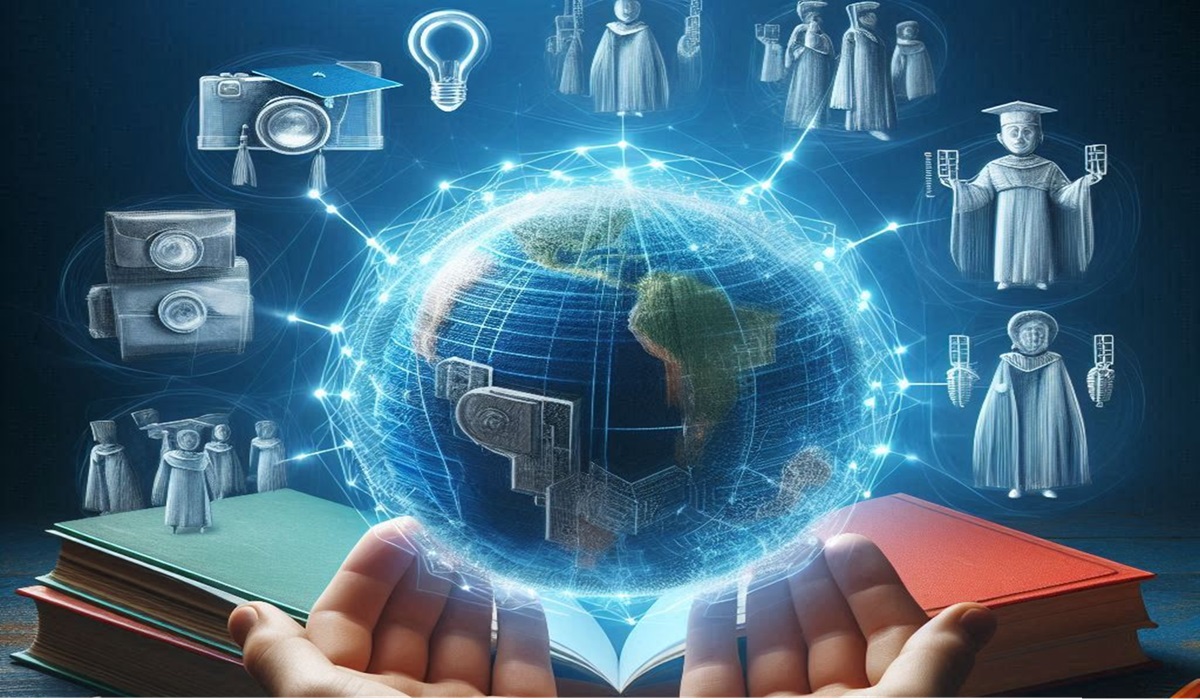
In summary, the struggle to maintain our international rules-based society is a challenging one. By educating ourselves, trusting our eyes, and using our efforts to hold malefactors accountable, we can navigate this complex landscape and maintain our grip on reality, all while we each contribute to a world culture of respect and reciprocal fair play. We may not all have the same resources, but we all have the power to make a difference in our own ways. After all, our stability and security in the world is a precious thing. It’s worth fighting for, just like a hard-earned victory on the baseball field.

